Presentation
Mar 12 2024
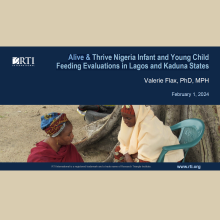
Alive & Thrive Nigeria Infant and Young Child Feeding Evaluations in Lagos and Kaduna States
This slide deck was part of a presentation given by RTI International and Alive & Thrive during a post-graduate course lecture at Johns Hopkins University on January 25, 2024.
Toolkit
Feb 01 2024
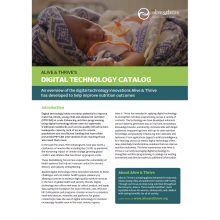
Alive & Thrive Digital Technology Catalog: An overview of the digital technology innovations Alive & Thrive has developed to help improve nutrition outcomes
Job aid
Aug 17 2023
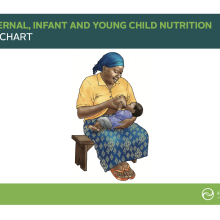
Alive & Thrive Nigeria MIYCN Flip Chart
This flip chart is intended for use as a job aid by health workers to advise pregnant and breastfeeding mothers on best practices in maternal nutrition, breastfeeding, and complementary feeding.
Brief
Jul 11 2023
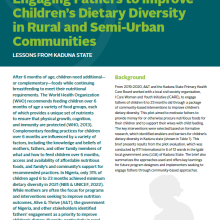
Engaging Fathers to Improve Children's Dietary Diversity in Rural and Semi-Urban Communities: Lessons from Kaduna State
From 2019-2020, A&T and the Kaduna State Primary Health Care Board worked with a local civil society organization, I Care Women and Youth Initiative (ICARE), to engage fathers of children 6 to 23 months old through a package of community-based interventions to improve children’s dietary diver
Mar 13 2023
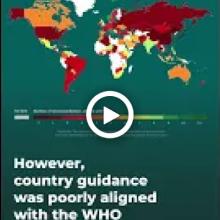
'First do no harm' overlooked: Video summary
Journal article
Feb 07 2023

Marketing of commercial milk formula: a system to capture parents, communities, science, and policy (Rollins N, Piwoz E, Zambrano P, et al, The Lancet. 2023)
Despite proven benefits, less than half of infants and young children globally are breastfed in accordance with the recommendations of WHO.

